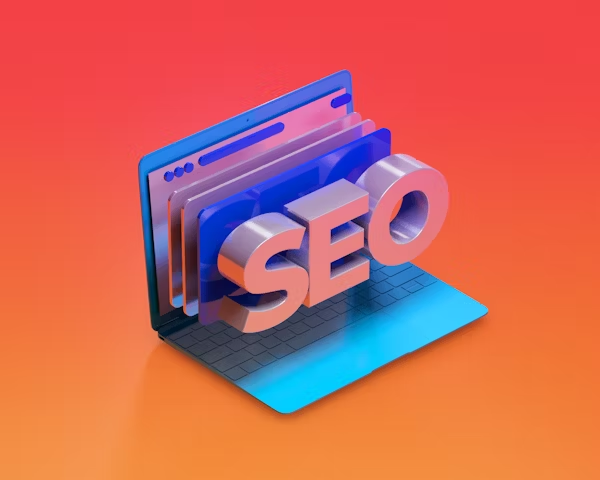On-Page SEO Secrets: How to Rank Higher on Google – Website Ranking

What is On-Page SEO?
On-page SEO refers to optimizing individual web pages to rank higher in search engine results and attract more organic traffic. It involves improving content, HTML source code, and website structure to enhance visibility on search engines like Google.
Importance of On-Page SEO
On-page SEO is crucial because it helps search engines understand your content, making it easier for users to find relevant information. A well-optimized page improves user experience, increases engagement, and boosts rankings.
On-Page SEO Services
On-page SEO services include various techniques and strategies aimed at optimizing web pages. Common services include:
- Keyword research and optimization
- Title and meta-description optimization
- Internal linking strategy
- URL structure improvement
- Image optimization
- Content optimization
- Mobile-friendliness assessment
- Site speed optimization
On-Page SEO Checker
An on-page SEO checker is a tool that analyzes your webpage and provides recommendations for improvement. Popular SEO checkers include:
- Google Search Console
- Ahrefs Site Audit
- SEMrush On-Page SEO Checker
- Moz On-Page Grader
- Screaming Frog SEO Spider
On-Page SEO Optimization Techniques
- Keyword Optimization: Use target keywords naturally in titles, headings, and content.
- Title Tags & Meta Descriptions: Craft compelling and keyword-rich meta tags.
- URL Structure: Use short, descriptive, and keyword-focused URLs.
- Header Tags (H1, H2, H3, etc.): Structure content with appropriate headings.
- Content Quality: Write informative, engaging, and unique content.
- Internal Linking: Connect relevant pages to improve navigation and SEO.
- Image Optimization: Use descriptive alt text and compress images for faster loading.
- Mobile Optimization: Ensure pages are mobile-friendly.
- Page Load Speed: Optimize website speed using caching, CDN, and image compression.
- User Experience (UX): Enhance readability and ease of navigation.
SEO On-Page vs. Off-Page SEO
- On-Page SEO: Focuses on optimizing content and structure within the website.
- Off-Page SEO: Involves external strategies like link building and social media marketing to boost website authority.
What is On-Page SEO Optimization?
On-page SEO optimization involves making necessary adjustments to individual pages to improve rankings. It includes keyword placement, structured content, technical enhancements, and user experience improvements.
On-Page SEO Checklist
To ensure effective optimization, follow this checklist:
- Keyword Research: Identify relevant and high-search-volume keywords.
- Title Tag Optimization: Include primary keywords in the title.
- Meta Description: Write compelling descriptions with keywords.
- URL Structure: Keep URLs short and keyword-rich.
- Content Optimization: Use keywords naturally and provide valuable information.
- Image Optimization: Add alt text and compress images.
- Internal & External Links: Link to authoritative sources and related content.
- Mobile Responsiveness: Ensure the site is mobile-friendly.
- Page Speed Optimization: Reduce load time with caching and image compression.
- Schema Markup: Implement structured data to enhance search results.
Conclusion
On-page SEO is a critical component of a successful digital marketing strategy. By optimizing individual pages using best practices, you can improve search engine rankings, enhance user experience, and increase organic traffic. Implement this comprehensive checklist to boost your website’s performance effectively.


